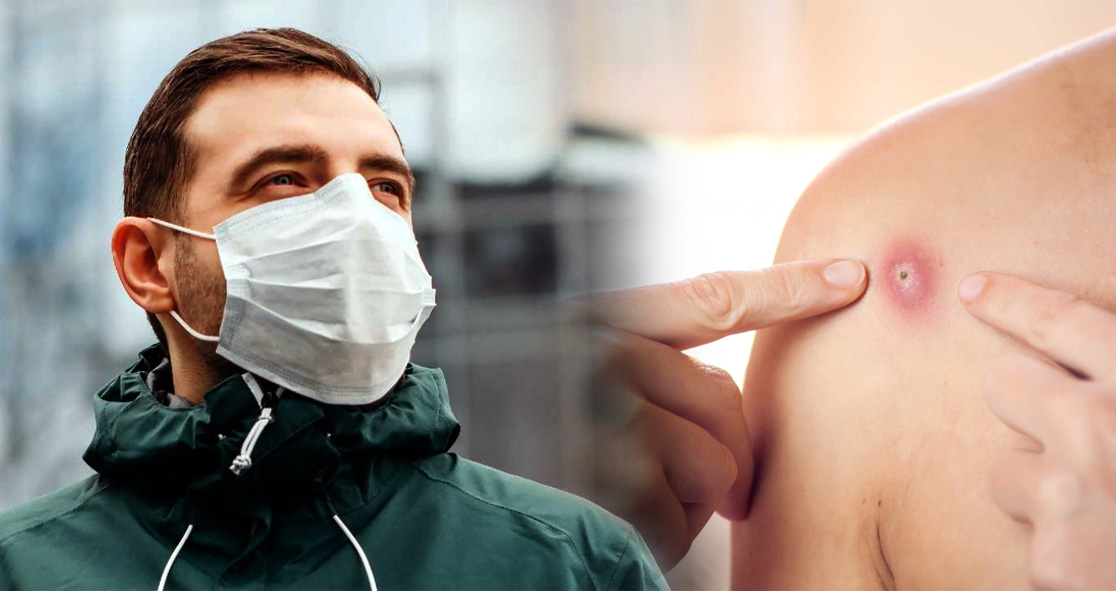Wearing facemasks for COVID-19 has helped in preventing people on an airliner from getting monkeypox when they flew with a traveler who tested positive for monkeypox, according to a CDC official.
In July, 43 people in Georgia were monitored for monkeypox after they were found to be traveling the individual tested positive for the disease. They have now have passed through the 21-day period for potential infection, with no reports of symptoms.
Georgia Department of Public Health said the monitoring of those people has now concluded.
In mid-July, the traveler was diagnosed with monkeypox after flying from Nigeria to Atlanta and then to Dallas.
The individual is still in isolation at a Dallas hospital, said Dr. Andrea McCollum, Staff Epidemiologist, CDC.
She said health workers at the unidentified Dallas facility and all the personal contacts of the individual are still being monitored. However, they are believed to be at low risk of contracting the disease.
“Health care personnel and public health have worked well to contain and monitor the disease,” said Dr. McCollum, who leads the poxvirus epidemiology unit at the CDC’s National Center for Emerging and Zoonotic Infectious Diseases.
The hospital ER staff “recognized this as something concerning and the patient received care rapidly,” she added. “The monitoring by public health officials in Georgia and elsewhere was done properly.”
“I think this is an example of CDC working at its best,” Dr. McCollum told Georgia Health News (GHN). “I’m really actually impressed with the response.”
She said the monkeypox virus is not as transmissible as SARS-CoV-2.
The CDC says animal-to-human transmission of monkeypox may occur by a bite or scratch, through the preparation of an infected animal for food, direct contact with body fluids or lesion material, or indirect contact with lesion material, such as through contaminated bedding, according to GHN.
And human-to-human transmission may occur primarily through large respiratory droplets.
Dr. McCollum explained, “Monkeypox requires close contact over a long period of time. Masks definitely helped, particularly on the flight. We do think it provided protection.”
Since 2017, there have been seven cases of monkeypox and all of them traveled from Nigeria to another country, including the Dallas one. The article was published on GHN.





















